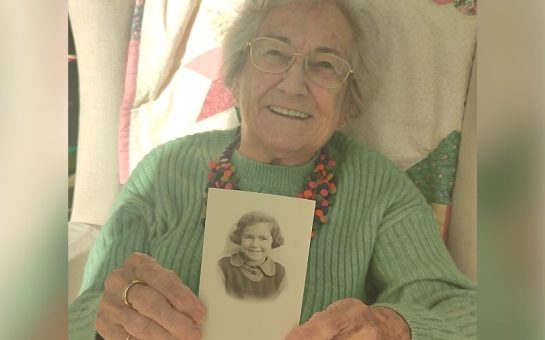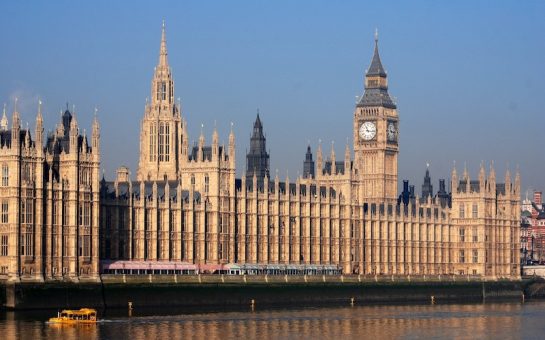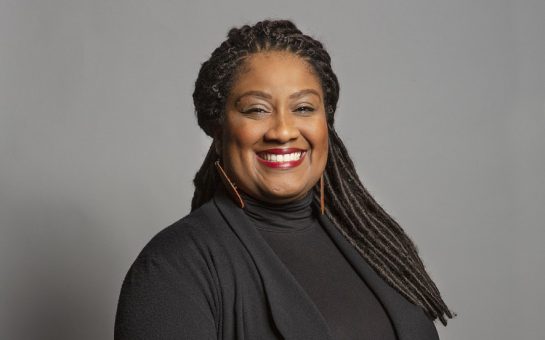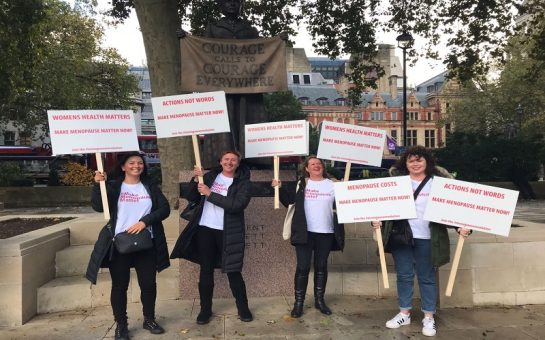Women were still campaiging for the vote at the time the former prime minister was born.

Last week saw the unveiling of a plaque dedicated to Emily Davison, a suffragette who was killed when she ran in front of the King’s horse at the Epsom Derby in 1913.
It was, of course, also the funeral of former Prime Minister Margaret Thatcher.
It is strange to think that people today are debating the necessity of having a state funeral for Baroness Thatcher, when 85 years ago women didn’t even have a vote equal to men.
There are women alive today who would have been living in a Britain where females didn’t possess the right to vote, and the first (and last) female prime minister was one of these.
It’s important not to lose sight of the fact that after hundreds of years of male political dominance, the fact that a woman even managed to become Prime Minister at all is an incredible achievement.
That is definitely something worth celebrating. 100 years ago this week saw a protest by women campaigning for the mere right to vote.
On April 18 1913, Miss Spark and Mrs Shaw climbed up the Monument in London and unveiled a banner demanding equal votes for women.
A crowd gathered and the police were called. In the days when women were meant to be seen and not heard, it was a certainly a sight to be behold.
Unflattering cartoons soon appeared accusing the women of being unfeminine and unnatural, and nicknames were created referring to their supposed masculinity and hard-line behaviour.
Sound familiar? The Iron Lady or Attila the Hen anybody?
The satirical T.V show Spitting Image frequently used to portray the former Prime Minister as a man and sometimes even Hitler.
The truth is, that had Margaret Thatcher been a man, the strengths and determination that she showed would probably not have attracted so much attention.
Even when the vote was passed, largely due to the effect of World War Two and the fact that women could no longer be passed off as not be able to do anything other than domestic duties, it was still unusual for women to enter politics.
Winston Churchill was famously taken aback on seeing a woman in the House of Commons, reportedly saying that it was like having someone intrude on him in the bathroom.
There are still not that many women in parliament today, although council members stress that more women are entering politics than 20 years ago.
Whether that is in spite of Baroness Thatcher or because of it, remains to be seen.
She may have not had much time for the traditional feminist movement whilst she was alive, but Margaret Thatcher nonetheless stood as a brilliant testament to it.
Follow us @SW_Londoner




